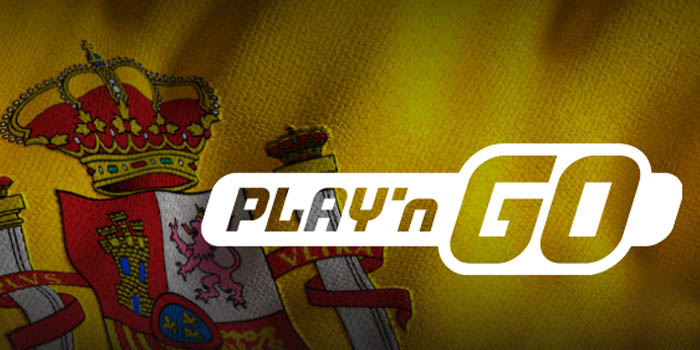New Super League Threatens to Derail UEFA Champions League

Club football in Europe would probably never be the same after a weekend that saw top clubs set the foundations of a breakaway European Super League, sparking outrage among fans and UEFA.
He Who Strikes First, Strikes Twice
The announcement that top clubs from England, Spain and Italy joined forces to become founders of the new European Super League (ESL) came on Sunday as a preemptive move against expected changes to the Champions League format by UEFA.
Having agreed to reform the most lucrative competition to a Swiss-style format to feature 10 games in the group stages, UEFA informed media on Friday its President Aleksander Ceferin would announce the changes officially, a move which stirred proponents of the ESL into action.
On Sunday evening, 6 clubs from the English Premier League, 3 from Italian Serie A and 3 from La Liga in Spain announced they became the founders of the new European Super League.
Milan, Inter, Juventus, Real Madrid, Atletico Madrid, Barcelona, Manchester City, Manchester United, Arsenal, Liverpool, Chelsea and Tottenham set the foundations of the ESL as the group expects 3 more clubs to join.
The ESL will feature games between 20 clubs, 15 founders and 5 through qualification, divided into two groups of 10, but the 15 founder clubs will always remain in the league questioning the underlying principle of sporting merit.
The move was not supported by French Ligue 1 club Paris Saint-Germain and German clubs Bayern Munich and Borussia Dortmund as they so far refused to join the group of founder clubs.
Financial Motives behind the Unprecedented Move
Analysts believe the main reason for the clubs to break away was the impact on their profits from the coronavirus outbreak and the lure of upfront cash of between €89 million and €310 million dangled like bait in front of the clubs proved too good to refuse.
The initial €3.5 billion for the 15 founding clubs would be provided by US investment bank JP Morgan which would fund the league touted as providing significantly greater economic growth and support for the sport.
Indeed, the ESL is expected to generate revenue in excess of €10 billion and thus ensure solidarity payments for clubs dwarfing those from currently existing competitions. Own broadcasting deals negotiated by the league would also provide a stream of revenue which the league would decide how to distribute.
The European football governing body UEFA strongly criticized the idea, which throws in jeopardy its own stream of revenue from the Champions League, threatening to punish severely the breakaway clubs with measures ranging from banning the clubs from other competitions to legal and sporting actions to halt the “cynical project founded on the self-interest of a few clubs”.
Urgent meetings for football authorities and clubs not involved in the new Super League were called Monday to discuss the situation and consider a response.
With 4 years experience as an analyst, Julie—or ‘Jewels’, as we aptly refer to her in the office—is nothing short of a marvel-worthy in her attention to the forex and cryptocurrency space as she quickly became the first pick to co-pilot education to the masses with Mike.














